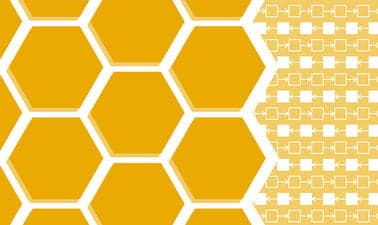EPFLx: Programming Reactive Systems
Principles of Reactive Programming in Scala.

- Duration
- 9 weeks
- Price Value
- $ 199
- Difficulty Level
- Intermediate
Principles of Reactive Programming in Scala.


Welcome to "Programming Reactive Systems," an intermediate-level Computer Science course offered by EPFLx. This comprehensive course delves into the world of reactive programming, equipping you with the skills to build scalable, resilient, and responsive systems using Scala and Akka. You'll learn how to implement reactive systems based on the principles outlined in the Reactive Manifesto, focusing on asynchronous message-passing and event-driven architectures.
Explore more courses to enhance your cloud computing and Kubernetes skills.

Distributed systems are the backbone of modern society but entail challenges in areas such as complexity and energy-use. Discover distributed systems from first principles, understand the architectures and techniques derived from them and explore examples of current practical use.

This course covers the basics of R: a free programming language and software environment used for statistical computing and graphics. R is widely used by data analysts, statisticians, and data scientists around the world. This course covers an introduction to R, from installation to basic statistical functions. You will learn to work with variable and external data sets, write functions, and hear from one of the co-creators of the R language, Robert Gentleman.

Work with the principles of data storage in Arrays, ArrayLists & LinkedList nodes. Understand their operations and performance with visualizations. Implement low-level linear, linked data structures with recursive methods, and explore their edge cases. Extend these structures to the Abstract Data Types, Stacks, Queues and Deques.